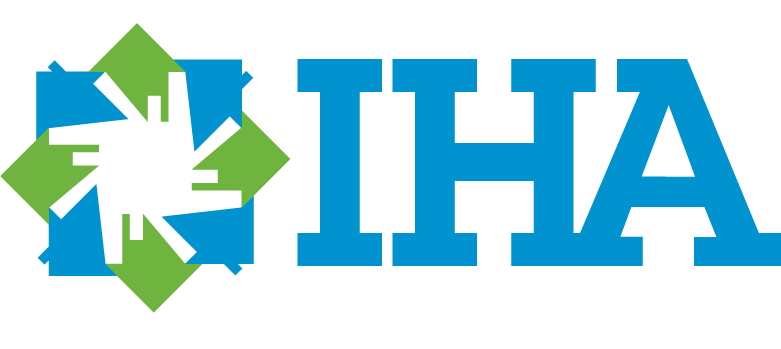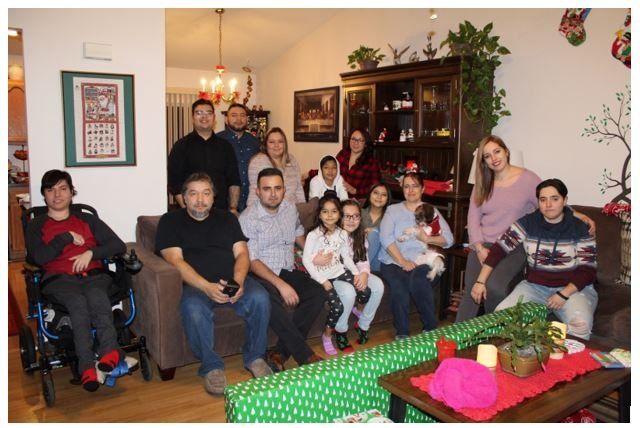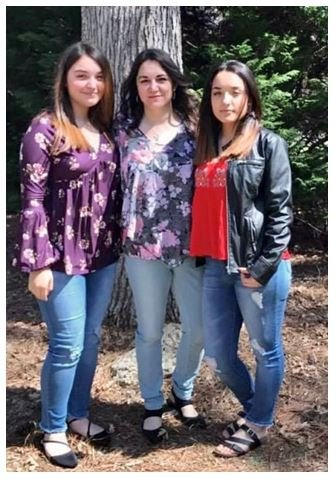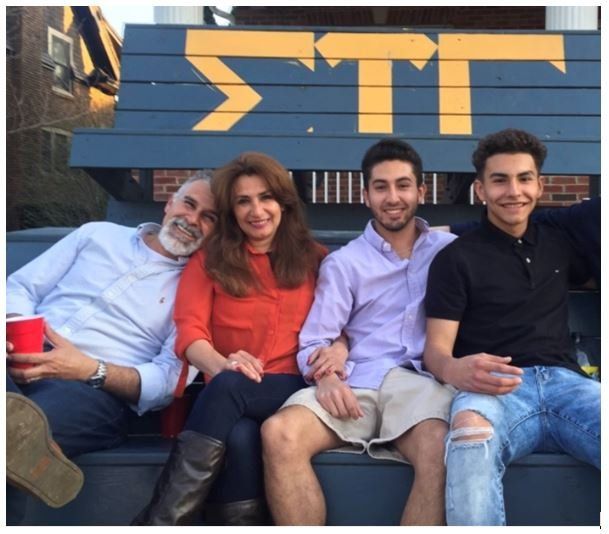Hispanic Homebuyers
Vivian Duran • August 30, 2021
Hispanic Heritage Month
The Hispanic population is the fastest-growing culture group in the United States leading to demands for new housing. More overcrowded housing is caused by lack of affordable housing. There are many challenges based on despite laws that are set in place to protect Hispanics and other minority groups in the housing market. Some immigrants have a lack of information about the homebuying process and an inability to meet mortgage underwriting criteria. There are several other factors contributing such as the young Hispanic population dropping out of school due to financial pressure to join the workforce, to contribute to the family income. Financial success depends increasingly on education, from college rather than just high school. These barriers include problems in discriminatory treatment in both the housing and mortgage markets, and a lack of understanding and comfort with the homebuying and mortgage processes. The instability of rental housing compared to homeownership contributes to issues. Poverty impedes home conditions, adequate heat, lack of air conditioning, importable plumbing, or routing infestations.
The American Dream is the idea that every hard-working U.S. citizen and immigrant will have equal opportunities and freedom to have a good education, a successful career, comfortable homeownership, and financial prosperity. Most immigrants flock to United States for a chance of opportunity and reward of hard work to achieve a comfortable home and better education opportunities. They take some of the hardest jobs while earning below or minimum wage. With COVID-19 so many were impacted and became unemployed. The housing market has a lack of housing inventory, especially in the stock of affordable housing. In this country hard working individuals must build up wealth for themselves and their children for security and prosperity. Hispanics are willing to carry on the traditions of challenging work, sweat, and sacrifice to have the reward of decent housing for their family living.
As the United States becomes more diverse, Hispanic homeownership has driven the rise of national homeownership rates. Hispanic people have both placed more value culturally and financially which overcame great obstacles to buying homes. Homeownership is an important generator of household wealth transferred between generations. Millennials are often tied to their family and would rather buy a home for their mom and dad and live with them before pursuing their own home for themselves. Hispanic buyers often place an extra value on homes with garages or accessory dwelling units to allow for possibility of multi-generational living.
Interfaith Housing Alliance’s mission is to strengthen communities by providing affordable housing opportunities and supportive services to improve the quality of life and economic stability for seniors, working families and individuals. We assist with the entire home buying process which can be lengthy depending on whether credit repair or budgeting is needed. We counsel and encourage our clients to maintain their goals, providing resources such as promoting down payment assistance programs and encouraging land-use to create more affordable housing projects. We want our clients to believe in themselves and to know that owning a home is a lifetime achievement. With lots of love, encouragement, and commitment - dreams can come true but require hard work and dedication. We are pleased to announce we have LanguageLine Solutions as our interpreting and translating services to help our growing diverse community with over 240 languages served.
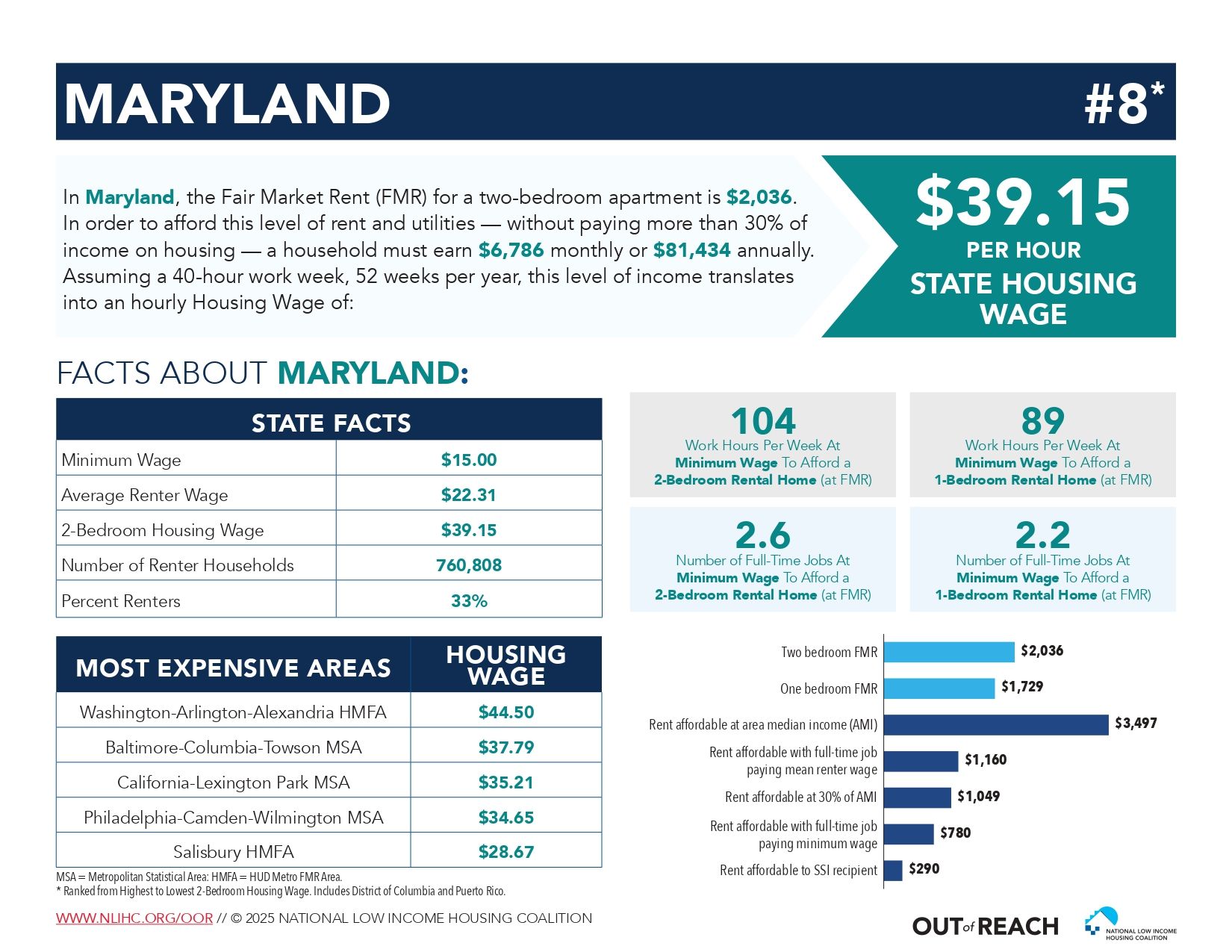
Maryland and Frederick County: A Growing Housing Affordability Crisis Each year around this time, I share data that highlights the growing challenge of housing affordability in Maryland—and this year is no exception. Maryland now ranks as the 8th most expensive state in terms of wages needed to afford a modest two-bedroom apartment. A worker must earn $39.15 per hour —or nearly $81,450 annually —just to meet that threshold. Unfortunately, the situation in Frederick County is even more severe. Alongside Calvert and Charles counties, Frederick tops the list, requiring a staggering $44.50 per hour —equivalent to $92,560 annually —to afford a two-bedroom apartment. Meanwhile, the average renter in Frederick earns just $18.25 per hour , which translates to an affordable rent of only $949 per month —far below what the market demands. This stark disparity is exactly why the mission of Interfaith Housing Alliance (IHA) is so critical. We are committed to addressing these inequities and advocating for solutions that make safe, stable housing accessible to all. Below, you’ll find the 2025 data from the National Low Income Housing Coalition , detailing housing affordability across Maryland and its counties.

Interfaith Housing Alliance (IHA) is proud to announce two funding awards received this quarter from community partners. In July 2025, IHA received a $3,500 grant from The Croteau Family Charitable Gift Fund, which is a donor-advised fund (DAF) held at T. Rowe Price Charitable. IHA also received a $5,000 grant from The Natelli Communities Charitable Fund of The Community Foundation of Frederick County. These unrestricted funds will support all of IHA’s endeavors in strengthening the many communities we serve.
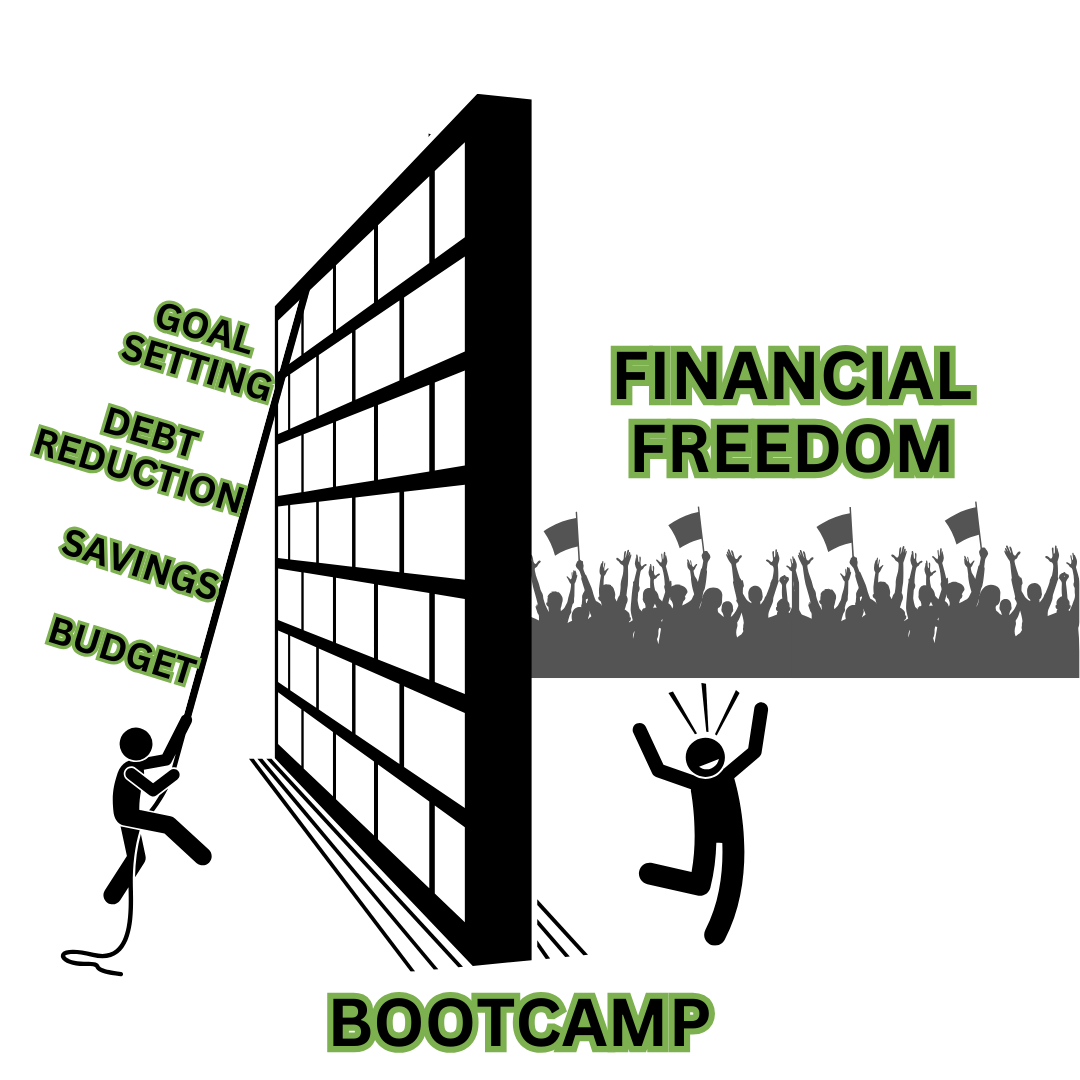
Money can sometimes feel overwhelming—but it doesn’t have to! This October, Interfaith Housing Alliance is offering our next Financial Freedom Bootcamp, a free, two-part workshop designed to help you take positive steps toward financial stability and confidence. The bootcamp kicks off with an in-person workshop on October 15th from 5:30–7:00pm, where participants will explore the building blocks of financial health. You’ll learn how to create a budget that actually works for your lifestyle, discover the best practices for saving, and walk away with strategies for reducing debt in realistic and manageable ways. After the first session, participants are invited to take part in an optional virtual Credit Café, a supportive space to dive deeper into questions about credit and money management. This extra resource helps reinforce what you’ve learned and gives you the chance to connect with others working toward similar goals. The second workshop will be held virtually on October 29th from 5:30–7:00pm, making it convenient to join from home. This session will focus on building confidence when communicating with creditors, understanding your credit, and setting SMART goals to stay on track for the future. Together, these two sessions provide practical, easy-to-use tools to support your financial journey. No matter where you are starting from—whether you’re new to budgeting, trying to rebuild your credit, or just looking for ways to feel more in control—Financial Freedom Bootcamp is a welcoming and encouraging place to begin. At a Glance What : Financial Freedom Bootcamp – free, two-part workshop series When: October 15th (in-person) & October 29th (virtual), both 5:30–7:00pm Topics: Budgeting, saving, debt reduction, credit confidence, SMART goal setting Extras: Optional virtual Credit Café between sessions Register: Contact Lacy Allen at lames@interfaithhousing.org or 301-662-4425 ext. 1203
